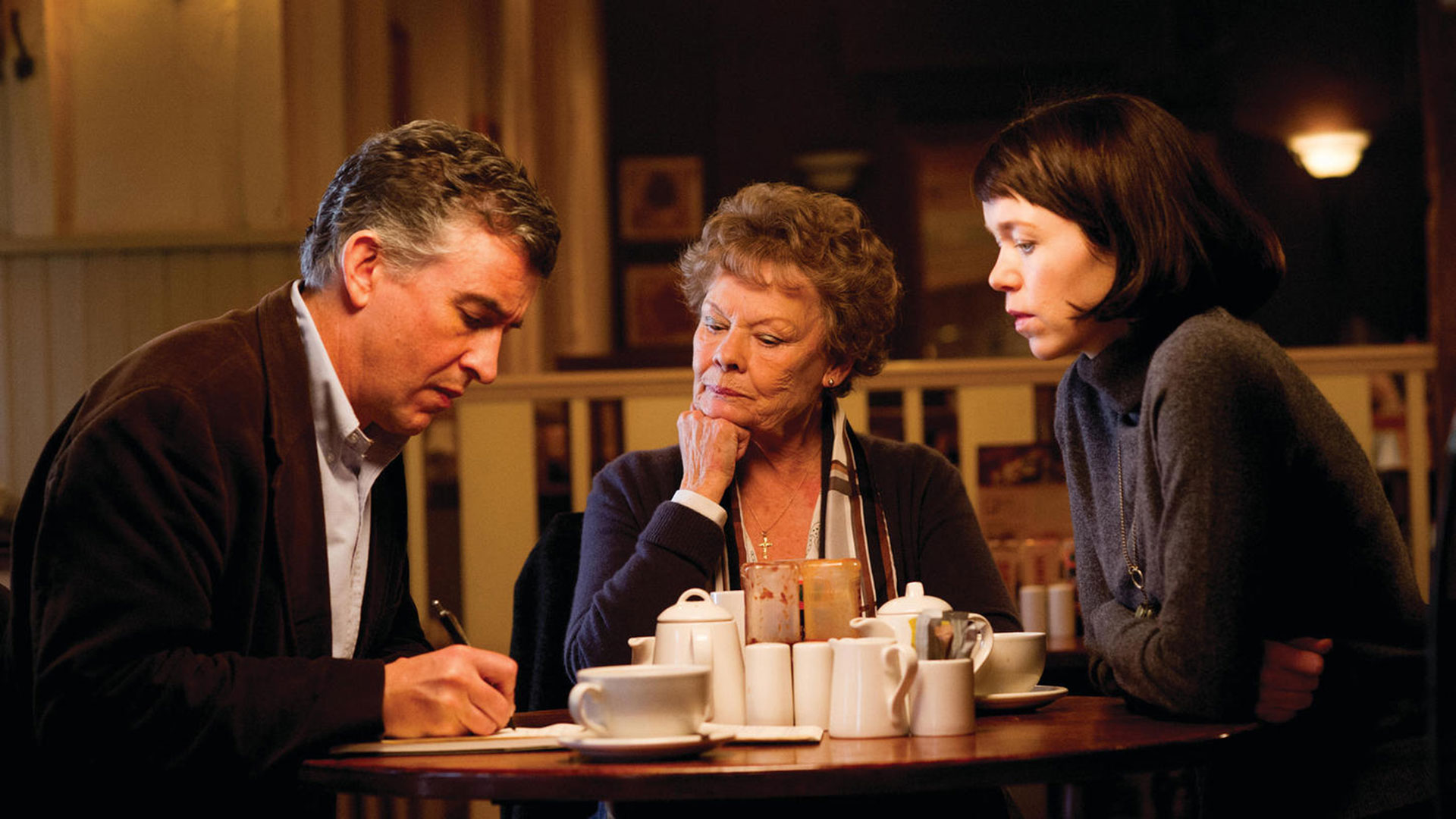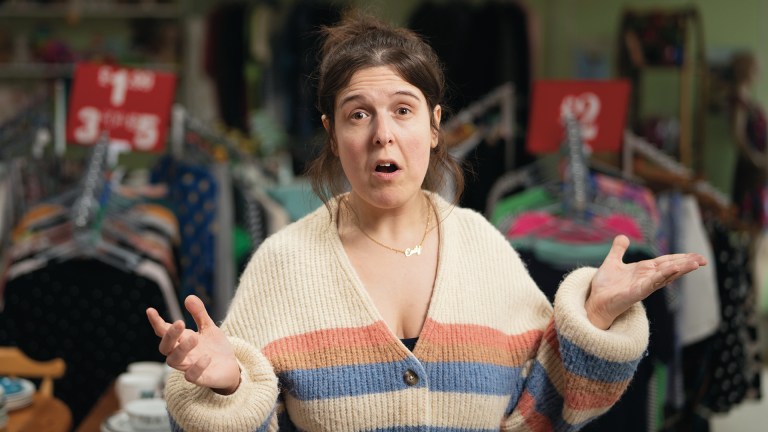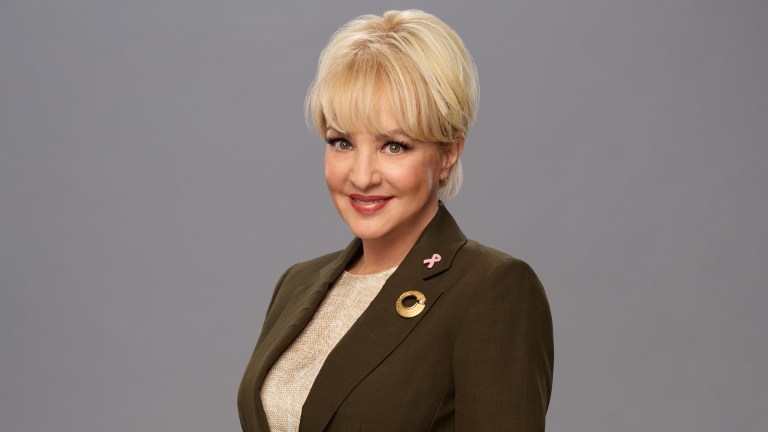After her baby, Anthony, was born, the Mother Superior threatened Philomena with damnation if ever she breathed a word about her ‘guilty secret’. Terrified, she kept it quiet for more than half a century. I was intrigued to know why the nuns had been so insistent on the importance of silence and secrecy. The answer, almost certainly, lay in what had happened next.
Philomena was just one of thousands of women sent to Irish convents in the 1950s and ’60s, taken away from their homes and families because the Catholic Church said single mothers were moral degenerates who must not be allowed to keep their children.
Introducing RORA Jobs and Training
Whether you’re in work, currently unemployed, or worried about your future job security, Big Issue RORA Jobs & Training is here to help. Search our latest jobs, register for alerts, browse training courses and find your next role today.
Find out morePhilomena told me about the hellish labour she was forced to perform in the convent laundries. Other girls were made to work in the kitchens or commercial greenhouses. The Church may have opened its doors to ‘fallen women’ but once they were inside, it exploited them mercilessly.
The Irish state was paying the nuns £1 a week for every young mother in their care and two and sixpence for every baby. And the nuns made sure the women stayed and worked for at least three years: they could get out only by paying £100, an impossible amount for the vast majority.
The girls had to care for their babies during their three-year sentence in the convents, only then to be told that their child was being taken from them. For women who had had so long to bond with their sons or daughters, the parting was terrible.
Philomena cried when Anthony was taken from her, at Christmas in 1955. She was not allowed to say goodbye but she spotted him being bundled into the back of a black car. When she shouted to him, the noise of the engine drowned out her voice but as the car pulled away she is convinced he stood up in the seat and peered through the rear windscreen looking for her.
Advertising helps fund Big Issue’s mission to end poverty
The Irish Catholic hierarchy had been engaged in what amounted to an illicit baby trade
When I agreed to help look for Anthony, we had little to go on. We knew his date and place of birth but his name – Anthony Lee – would certainly have been changed by his adoptive parents. The quest became more fascinating than any detective story.
Early on in my search I realised that the Irish Catholic hierarchy had been engaged in what amounted to an illicit baby trade. The ‘orphans’ were being sold to the highest bidder and many were bought by wealthy Americans at a going rate of between $2,000 and $3,000. It took some patient detective work – not helped by an obstructive Catholic Church – to discover that Philomena’s son was one of them.
By piecing together passport records, archived documents and fleeting references in old newspaper articles we found that Anthony Lee had been offered to a Catholic couple, Marge and Doc Hess, from St Louis, Missouri. Renamed Michael Hess, he grew up to be a handsome, intelligent young man, whose career as a successful lawyer took him to the heights of the American political establishment.
But he was haunted by half-remembered visions of his first three years in Ireland and by a lifelong yearning to find his mother. He remembered her touch and the way she sang to him, and he embarked on repeated fruitless attempts to find her.
Stephen Frears’ film depicts the journey we took in search of Philomena’s lost son and the extraordinary twists and turns we encountered along the way. It reveals the tragedy of a mother and child who spent decades yearning to find each other, thwarted by the refusal of the Church to provide vital information, each of them unaware that the other was also yearning and also searching.
We learned that Michael went back to Roscrea twice to plead with the nuns to tell him how to find his mother. But they turned him away, just as they told Philomena that they could not help her find her son.
Advertising helps fund Big Issue’s mission to end poverty
As the film of Philomena reaches the screen, there are still thousands of other lost ‘orphans’ whose lives were blighted in similar fashion; many are still looking for their parents and, through them, for their identity.
Martin Sixsmith’s book, Philomena, (Pan Macmillan, £7.99) is out now in paperback. The film is in cinemas from November 1










